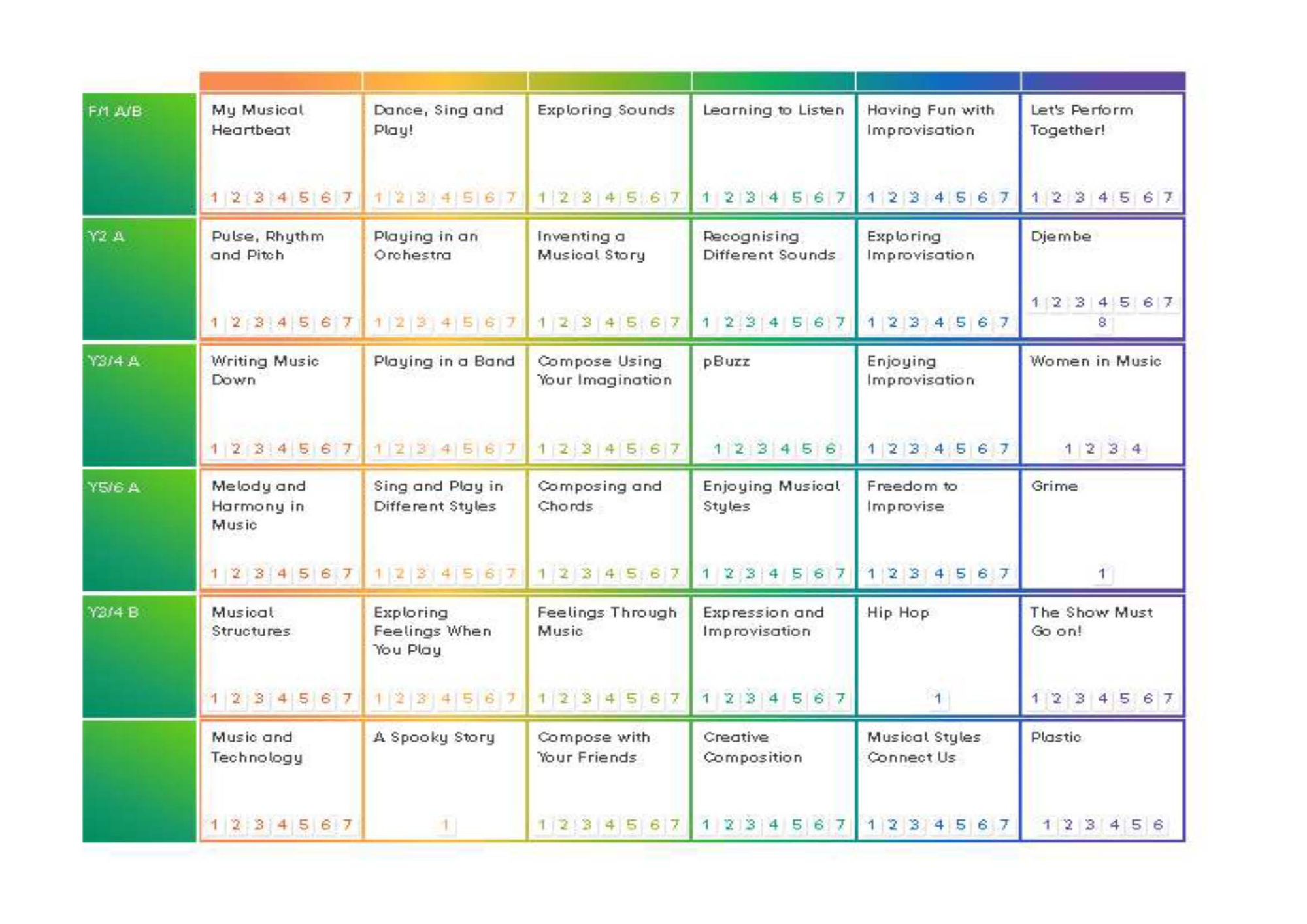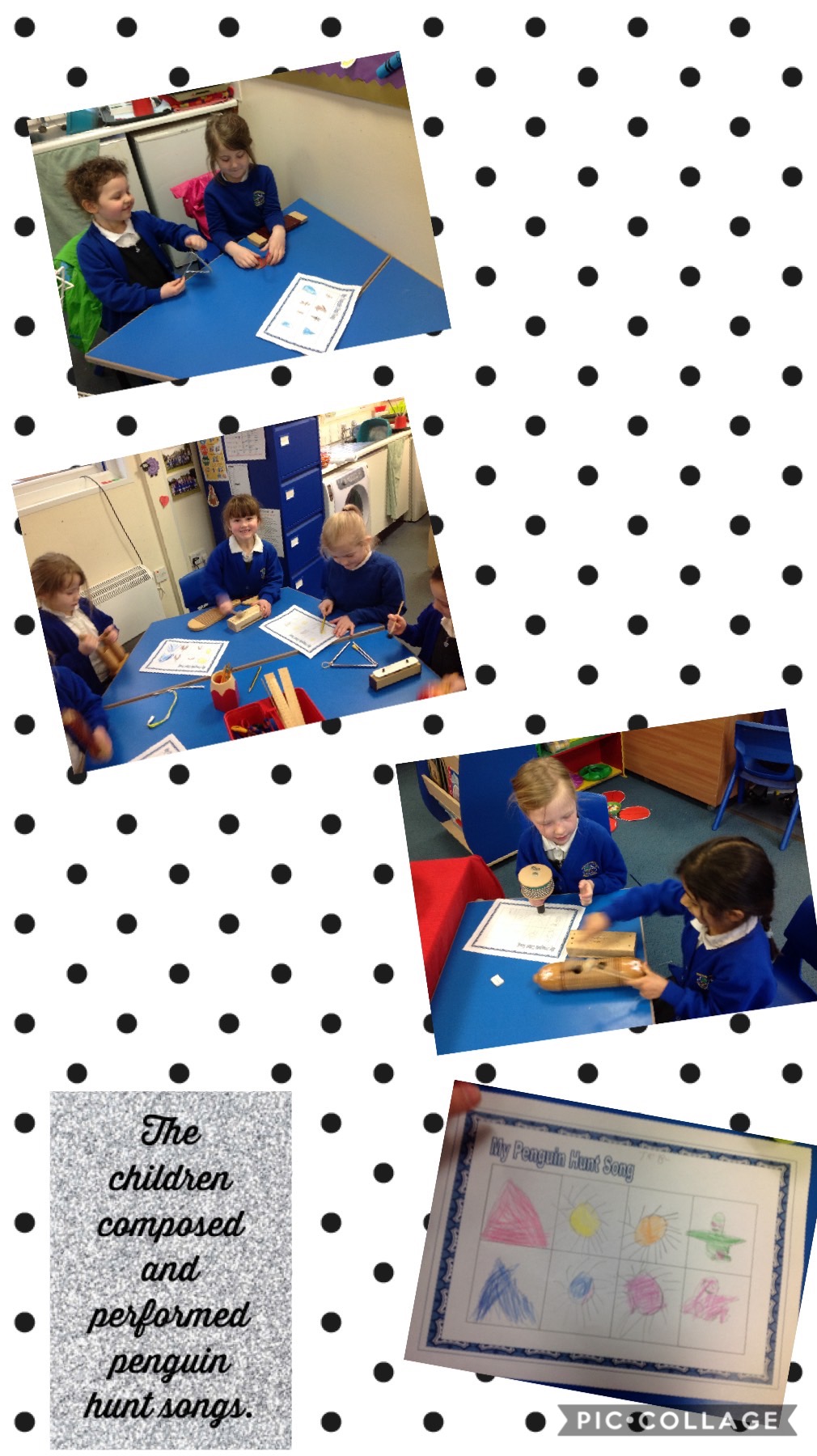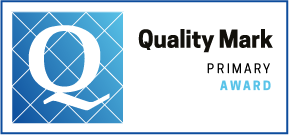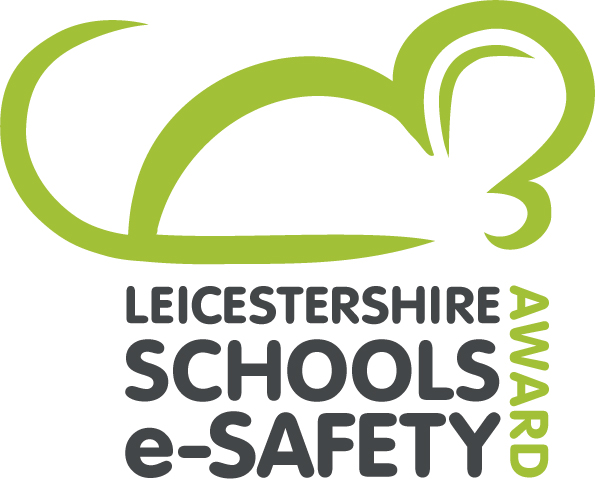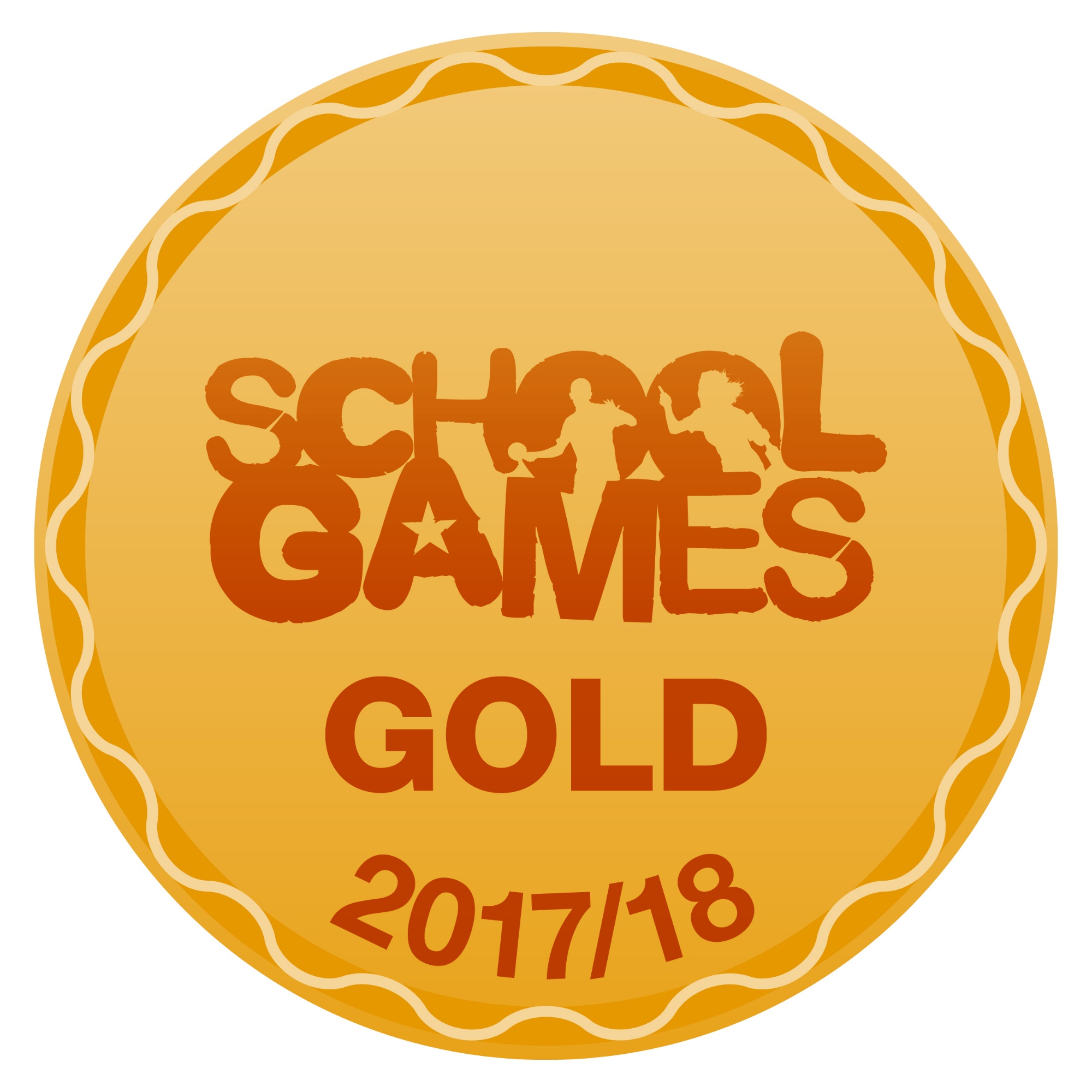Music
Together We Make Learning A Memorable, Unmissable Adventure
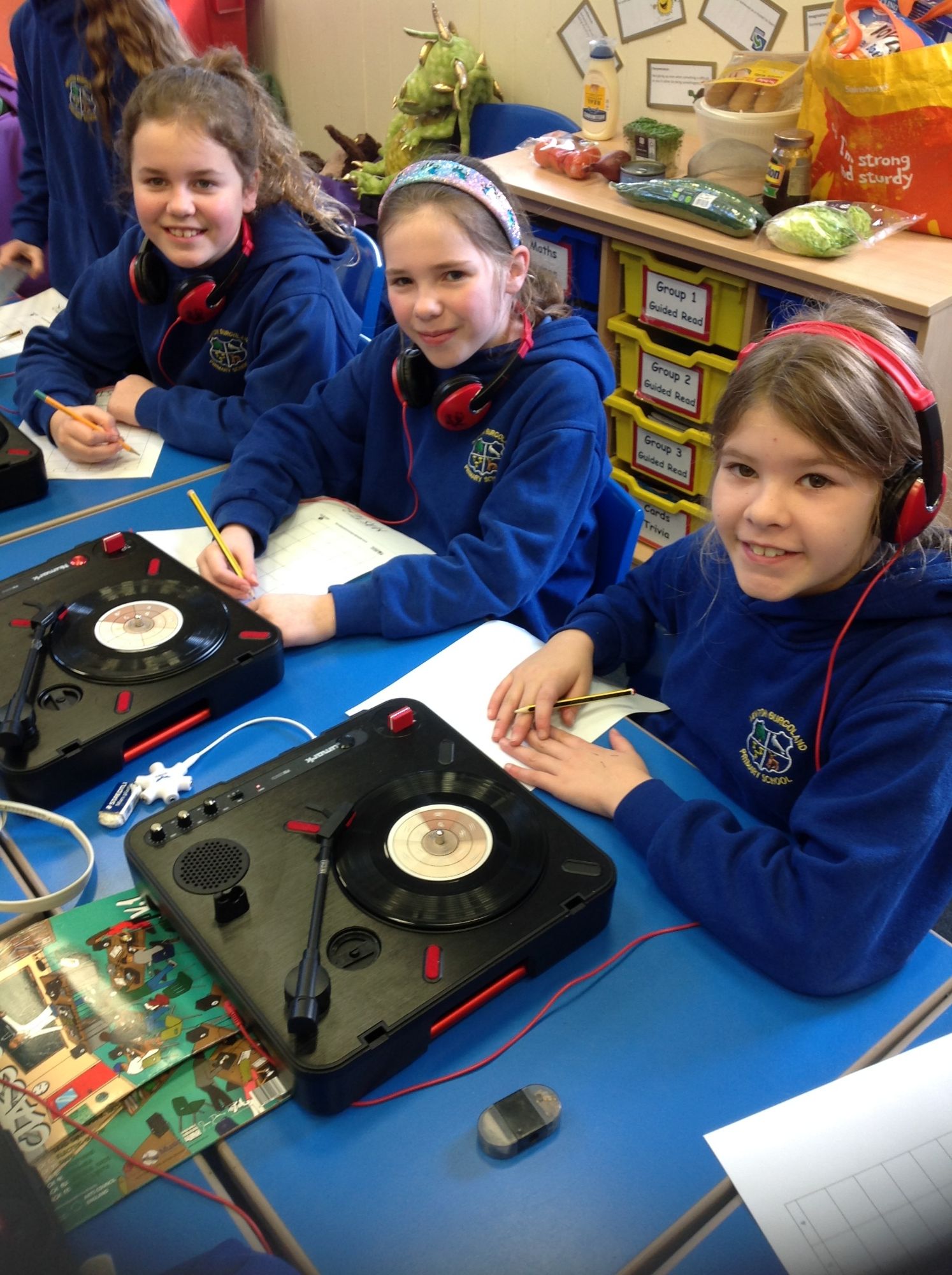
Music is a universal language that embodies one of the highest forms of creativity. A high-quality music education should engage and inspire learners to develop a love of music and their talent as musicians, and so increase their self-confidence, creativity and sense of achievement. As learners progress, they should develop a critical engagement with music, allowing them to compose, and to listen with discrimination to the best in the musical canon.
Our music curriculum was reviewed in 2022/23. We currently use Charanga as it provides professional development and support for staff without a musical background. The scheme is adapted to our learners and supplemented with 'Orchestra Unwrapped', young voices and instrumental tuition.
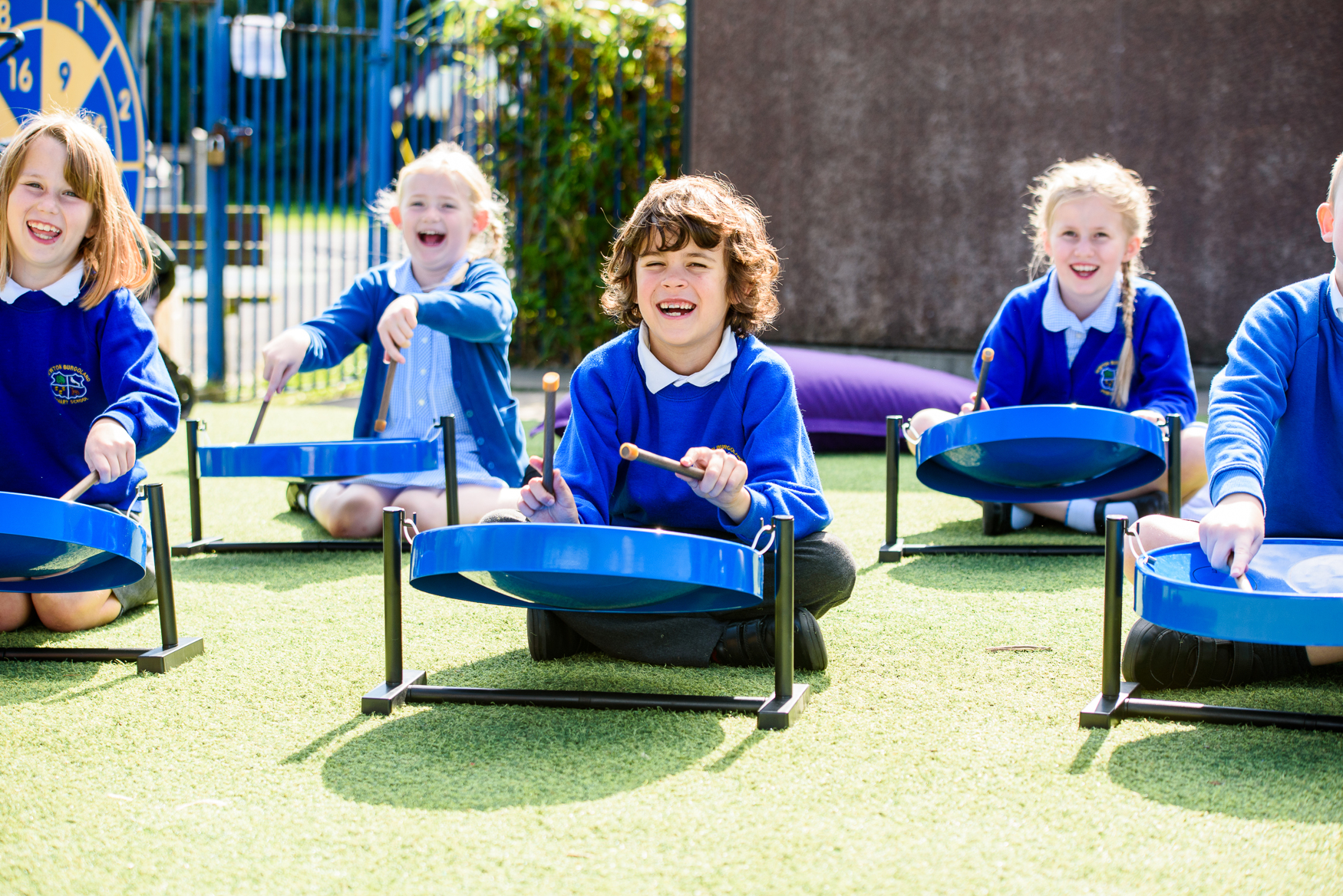
Intent
|
We want all learners to reach at least the expected National Curriculum standard by the end of year 6 and to be keen to continue their studies in key stage 3 and beyond. We want learners to be able to see themselves as musicians. The music lesson should be one our learners look forward to and greet with enthusiasm. They should leave lessons wanting to find out more. When studying music, learners will draw on their developing learning habits, making progress in their ability to persevere, work effectively as a team, respect and celebrate difference, ask questions and create. We aim to inspire learners to take up a musical instrument, to want to continue their learning at secondary school and to appreciate the role music plays in our lives- supporting mental health and wellbeing. Our curriculum ensures that pupils meet and explore pulse, pitch, voice, rhythm, digital composition and 20C musicians at greater depth as they progress from EYFS to Y6. |
Those working at greater depth will be able to make connections between units of study, Experiment with sounds digitally and otherwise. They will be able to practise and refine their compositions drawing on increasing musical knowledge. They will go beyond the knowledge studied and ask questions to further their understanding. They are playful and creative with sound and composition
Implementation
The music curriculum is organised so that each year, learners revisit the interrelated dimensions of music: pulse, voice, pitch and rhythm- building upon previous learning and skills. Within each unit of study, learners listen, appraise, compose, appraise and improve. They then apply their learning within the summer term units to work with digital composition and to compose, using ideas drawn from a range of music styles. Learners develop their aural memory.
|
In key stage 2 learners are taught by a music specialist. In key stage 1 the class teacher, teaches music using Charanga. |
During Key stage 2 learners are taught to play a range of instruments: P-Buzz, turntablism, sound sampling, steel pans, tuned percussion. They perform for parents and the school community.
A variety of music is chosen for assemblies to extend learners musical knowledge and musical diet.
|
|
Assessment, Recording and Reporting In all subjects there are three broad areas for assessment:
|
Teachers assess learner’s work, their attitudes, increasing skills, knowledge and understanding, by making informal judgements as they observe them during lessons. This assessment enables planning to be tailored to meet learners needs. Assessment encompasses teacher, peer and self-assessment. In all subjects, opportunities for both Assessment for Learning and Assessment of Learning are built into provision. Learners are supported to reflect on their own learning and, age appropriately, to make judgements about their strengths and needs, beginning to plan how to make progress and set personal targets
|
Baseline assessment, in order to understand pupils’ prior learning, is an essential part of planning to ensure new learning is relevant and progress can be assessed. |
The learners work, in particular baseline assessments and end of unit assessments, which are recorded within learners’ workbooks are used to make decisions at the end of each unit, and at the end of each year, as to next learning steps and whether or not learners are making strong progress and are on track for end of key stage expectation.
Progress is recorded and reported to parents as part of the child’s annual school report.
Special Educational Needs
Music is taught to all children, whatever their ability, in accordance with the school curriculum policy of providing a broad and balanced education to all children. Teachers provide learning opportunities matched to the needs of children with learning difficulties.
Our curriculum Drivers in Music
Reading
In Music, we believe it is important for our pupils to gain the confidence to see themselves as musicians and composers; All learners learn how to play a variety of Musical instruments, In year 2, the Djembe, in lower key stage 2 the P-buzz and across both lower and upper key stage 2 garage band. In doing so they understand the different principle of each method of creating notes, as well as how to read basic music notation.
Character
In music, learners develop a sensitive awareness of, and the ability to respond constructively to, the work of musicians and composers from a vast spectrum of backgrounds, time periods, genders, genres, styles, ethnicities and beliefs. Learners explore how global issues and themes such as identity, shared humanity, difference, diversity, conflict and justice are represented in music; recognising different perspectives, ideas, beliefs and values and providing opportunities to learn about, and from, different cultures through listening to and understanding how music can be used to bridge cultural and global gaps.
Creativity, reasoning and communication
We immerse our learners in a high-quality music education that engages, inspires and challenges pupils, equipping them with the knowledge and skills they need to experiment and be creative with the different elements of music and in their own performances.
Impact
|
Prior to the pandemic:
|
Those working at greater depth were able to make connections between units of study. They went beyond the knowledge studied and asked questions to further their understanding.
|
As a result of the pandemic:
|
By following the assess, plan, do, review cycle teachers identified areas which needed more or less focus over the last 2 years and supported all pupils to make strong progress from starting points.
In 2022/23 to address gaps cased by the pandemic we a participated and performed in Young Voices, the Philharmonic, Orchestra unwrapped concert and completed a digital composition unit of work using garage band (all pupils in KS2).
As we move into 23/24 we are embedding our new music curriculum and building upon the successes of 22/23 by once again participating in young voices and Orchestra unwrapped.
the national Curriculum
Aims
The national curriculum for music aims to ensure that all learners:
- perform, listen to, review and evaluate music across a range of historical periods, genres, styles and traditions, including the works of the great composers and musicians
- learn to sing and to use their voices, to create and compose music on their own and with others, have the opportunity to learn a musical instrument, use technology appropriately and have the opportunity to progress to the next level of musical excellence
- understand and explore how music is created, produced and communicated, including through the inter-related dimensions: pitch, duration, dynamics, tempo, timbre, texture, structure and appropriate musical notations.
Year 2 pupils created this piece of art work in the style of Kandinsky, They then composed and created a piece of music to accompany the picture using music technology. Our first attempt can be found below. In discussion the children decided that they wanted to change the dynamics so we will be rerecording following further rehearsal.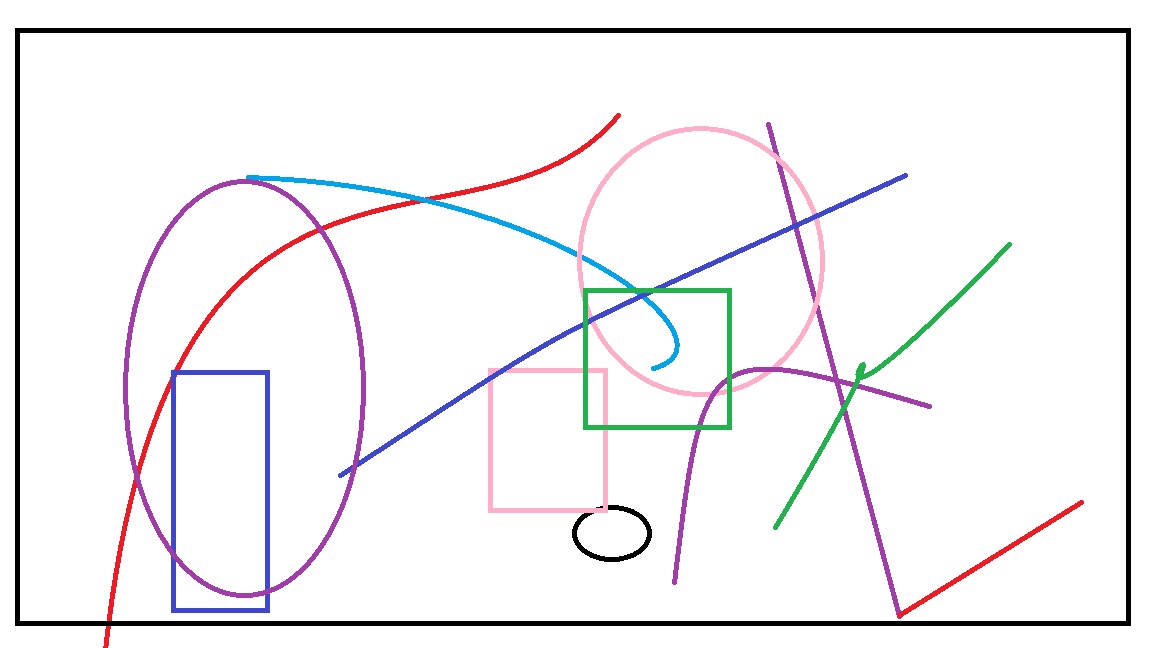
A composition by one of our year 6 pupils can be downloaded and listened to using then link at the bottom of this page: Olivia Composition.
orchestra Unwrapped
Pupils in key stage 2 visit the philharmonic orchestra and participate in the orchestra unwrapped programme. In 2019/ 20, we joined in with the Orchestra to tell the story of Copeland's Appalachian Spring.
In 2020/21 we attended the concert virtually.
This year we were able to visit in person and we will do so in 23/24 also.
Young voices
In 2022/23 we attended the young voices concert with 80% of our key stage 2 pupils.
Email to vice chair of governors:
I just thought you'd appreciate some feedback from the school's recent involvement with Young Voices, from me, as both a governor and a parent.
The event was simply superb, with the children hugely benefitting from this opportunity. The joy on their faces was clearly evident and I'm sure this experience will help them grow in confidence. It was also lovely to see them display their 'NB' banner that they had made with pride.
Listening and talking to the many other parents who attended, it was clear my thoughts and feelings were echoed. The general consensus was that this must happen again next year and beyond!
Also, credit must be given to Mrs Ward, Mr Ikin and the other volunteers who, despite the very long day, sang and danced their hearts out, providing encouragement to all the children.
This will now be an annual event.
Whole class instrument tuition
Every year, all of our pupils in key stage 2 are given the opportunity to play, compose and perform:
Year 2: Djembe
Year 3/4: Steel pans and percussion, P-buzz and Hip hop
Year 5/6 garage band, grime, yuStudio
Music in early years Foundation Stage
Expressive arts and design involves enabling children to explore and play with a wide range of media and materials, as well as providing opportunities and encouragement for sharing their thoughts, ideas and feelings through a variety of activities in art, music, movement, dance, role-play, and design and technology.
Expressive arts and design has two aspects:
Exploring and using media and materials: children sing songs, make music and dance, and experiment with ways of changing them. They safely use and explore a variety of materials, tools and techniques, experimenting with colour, design, texture, form and function.
Being imaginative: children use what they have learnt about media and materials in original ways, thinking about uses and purposes. They represent their own ideas, thoughts and feelings through design and technology, art, music, dance, role-play and stories.
Learning in Music will support learning in Personal, Social and Emotional Development and Communication and Language.
2023
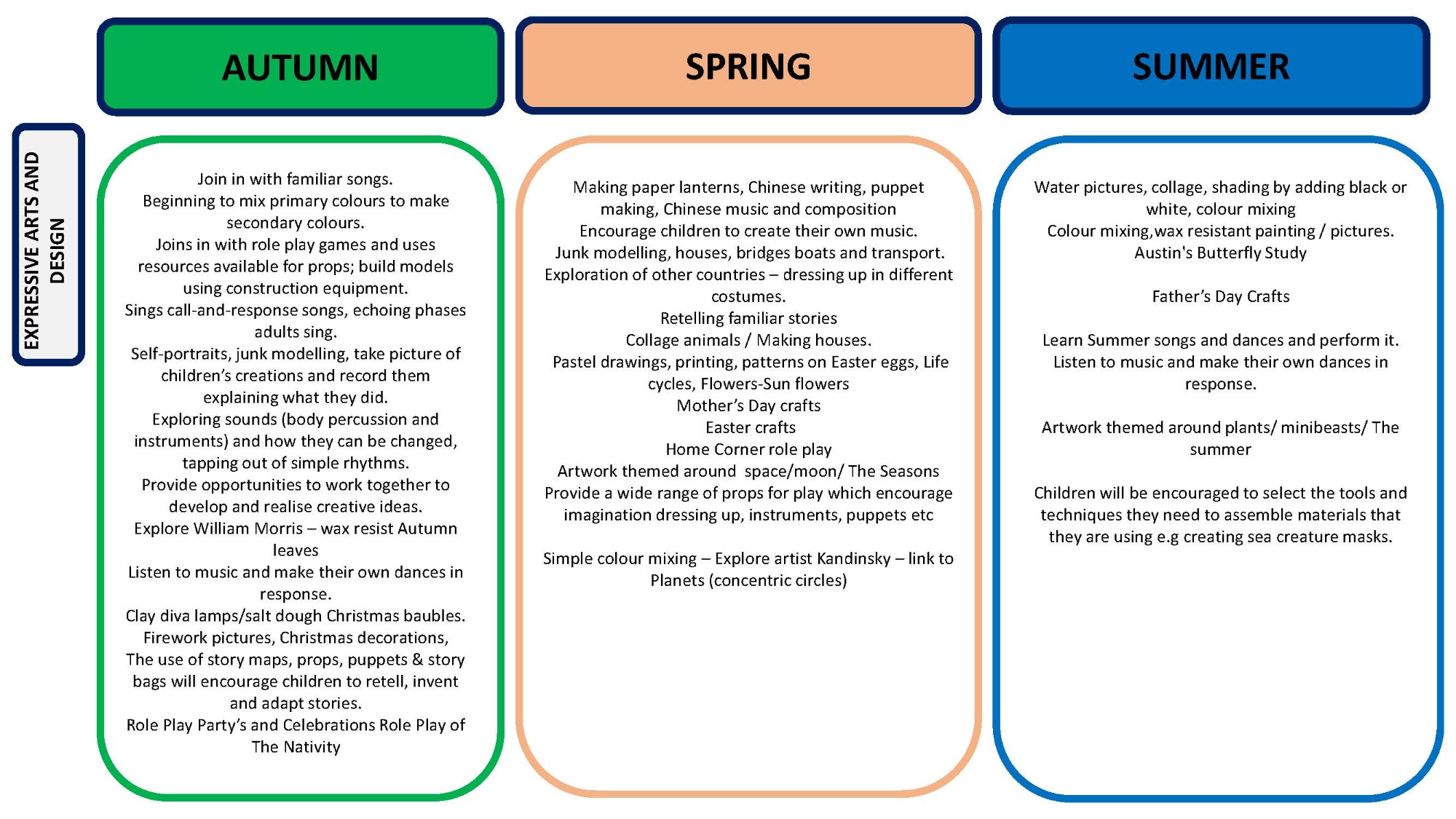
EYFS
By the end of EYFS learners :
- Can use their voice to speak, sing and chant.
- Can use instruments to perform.
- Can clap short rhythmic patterns.
- Can make different sounds with voice and with instruments.
- Can repeat short rhythmic and melodic patterns.
- Can make a sequence of sounds.
- Can respond to different moods in music. can say whether I like or dislike a piece of music.
- Can choose sounds to represent different things.
- Can follow instructions about when to play and sing
They Know
- A variety of simple rhymes and songs
- The names of some tuned and unturned percussion instruments
- How to treat instruments with respect
- How to make loud and quiet sounds with instruments and their voice
- The vocabulary: pulse, pitch, rhythm
Key Stage 1
By the end of KS 1 learners :
- Can sing and follow a melody.
- Can perform simple patterns and accompaniments keeping a steady pulse.
- Can play simple rhythmic patterns on an instrument.
- Can sing or clap increasing and decreasing tempo.
- can order sounds to create a beginning, middle and an end.
- Can create music in response to different starting points.
- Can choose sounds which create an effect.
- Can use symbols to represent sounds.
- Can make connections between notations and musical sounds.
- Can listen out for particular things when listening to music.
- Can improve their own work.
Learners know:
- A wider range of songs
- The names of instruments used and seen
- That music can be recorded in a written form to be played again
- That music can be created digitally
The children in class one composed, recorded and performed their penguin hunt songs, based on their learning about Antarctica.
Key stage 2
By the end of Key stage 2 learners:
- Can sing in harmony confidently and accurately.
- Can breathe in the correct place when singing.
- Can maintain a part whilst others are performing their part.
- Can improvise within a group using melodic and rhythmic phrases.
- Can perform parts from memory.
- Can take the lead in a performance.
- Can use a variety of different musical devices in a composition (including melody, rhythms and chords).
- Can evaluate how the venue, occasion and purpose affects the way a piece of music is created.
- Can analyse features within different pieces of music.
- Can compare and contrast the impact that different composers from different times have had on people of that time.
- Can explain why I think music is successful or unsuccessful
- Can suggest improvement to my own work and that of others.
They know:
- How to improvise within a group using melodic and rhythmic phrases.
- How to change sounds or organise them differently to change the effect.
- How to compose music which meets specific criteria.
- How to use notation to record groups of pitches (chords).
- How to choose the most appropriate tempo for a piece of music.
- How to describe, compare and evaluate music using musical vocabulary.
- How to contrast the work of a famous composer and explain preferences.
A short video of Class 4 performing a clapping rhythm routine they wrote and practised before performance:
overview
